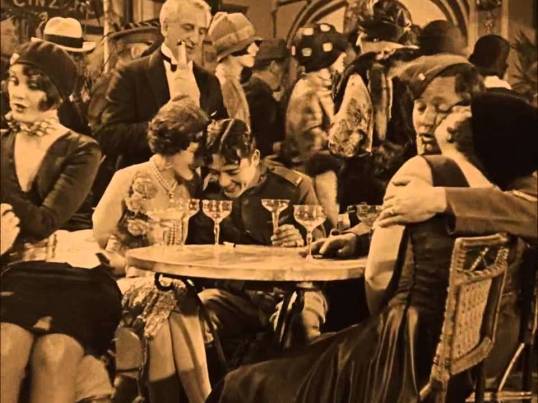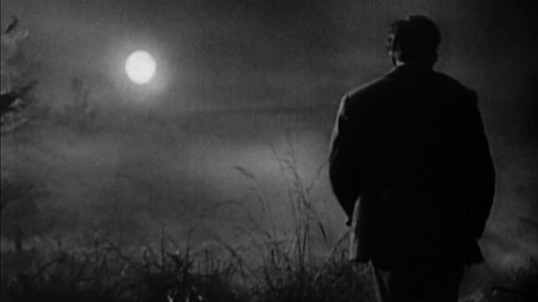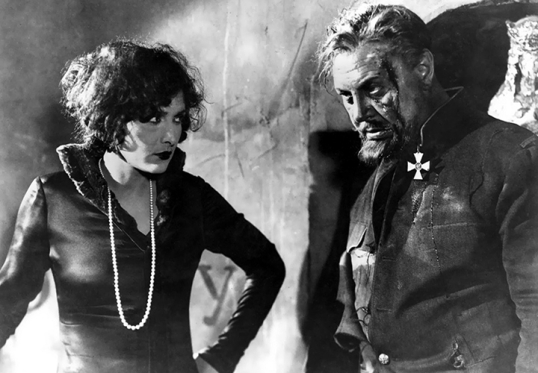The Oscars started out as an afterthought.
When Louis B. Mayer first proposed setting up what would become the Academy of Motion Picture Arts and Sciences in 1927, he wasn’t really that interested in giving out awards. Instead, he saw the Academy as an organization that would mediate labor disputes between the studios and the unions. He also felt that the Academy could basically be used to improve the film industry’s image, which had taken a hit from the rape trial of Fatty Arbuckle, the overdose of Wallace Reid, and the murder of William Desmond Taylor. When he and the other 35 founders of the Academy met to draw up the organization’s charter, the idea of giving out awards was mentioned only in passing. A committee would be set up to give out yearly awards to honor the best that Hollywood had to offer.
The first Academy Awards ceremony was held in a hotel ballroom in 1928. It occurred at the end of a private dinner and the awards were handed out in 15 minutes. The 2nd ceremony was the first to be broadcast on the radio. It was only when the Academy got around to the third ceremony that the Oscars started to transform into the spectacle that we know today. It was only then that people started to really pay attention to what was and was not nominated for Best Picture. And, as people started to pay attention, they also started to notice and talk about which films and performers were snubbed by the Academy.
Today, for Oscar Sunday, we’re taking a a decade-by-decade look at some notable Oscar snubs. We will start with those first three ceremonies.
1927 — 1928: The General Receives Zero Nominations
For the very first Oscar ceremony, two Best Picture awards were handed out. Wings won the Oscar for Best Production. Sunrise, meanwhile, won the Oscar for Unique and Artistic Production. Today, Sunrise is better remembered than Wings. Personally, I like both films. Thought it’s nearly a hundred years old, Sunrise remains visually stunning. Wings, meanwhile, features some thrilling aerial footage and a performance from the wonderful Clara Bow.
That said, it’s still a bit unfortunate that Buster Keaton’s The General received not a single nomination, despite being eligible for the Oscars. Today, The General is recognized as being a comedic masterpiece. However, when it was initially released, it struggled at the box office and many in Hollywood resented Keaton’s independent streak. As a result, The General became one of the first films to be snubbed by the Academy.
1927 — 1928: The Academy Ignores Metropolis
The very first Best Actor winner was Emil Jannings. Jannings was German and struggled with English but, during the Silent Era, that wasn’t a problem. However, the coming of sound petty much ended Jannings’s Hollywood career. He returned to Germany, where he remained a star. He would go on to star in several Nazi propaganda films and was reportedly one of Hitler’s favorite actors. When the war came to an end, Jannings took to carrying his Oscar statuette around with him in the hopes that it would win him favor with the Allies and allow him to avoid having to go through the denazification process. It didn’t work and Jannings retired from acting. He died in Austria in 1950.
Personally, I think it would have been nice if the first Oscars hadn’t honored someone who would later star in Nazi propaganda films. And the Academy had the option to do just that, as Fritz Lang’s Metropolis was released in the United States in 1927. Metropolis was not only one of the first great science fiction films but Lang was one of the many German directors who would come to Hollywood after the Nazis came to power, Honoring Metropolis would have allowed the Academy to honor someone who refused to compromise with the Ministry of Propaganda. Unfortunately, neither Metropolis nor Lang were nominated.
1927 — 1928 and 1928 — 1929: Lon Chaney Is Not Nominated For Best Actor
Poor Lon Chaney. Widely considered to be one of the best actors of the silent era, Lon Chaney, Sr. was never nominated for an Oscar. London After Midnight is a lost film and West of Zanzibar is only partially complete but, speaking as a horror fan, I would have loved it if the Academy could have nominated him for either one of those films. If nothing else, it would have opened the door for the horror genre.
1929 — 1930: The Cocoanuts Is Ignored
Imagine how different Oscar history would have been if the Academy had early on started a tradition of honoring comedy? The Marx Brothers were not fans of their first released film but audiences loved The Cocoanuts. Unfortunately, the Academy was not quite ready to embrace comedy and, as such, this became the first (but not the last) Marx Brothers film to be snubbed.
Agree? Disagree? Do you have an Oscar snub that you think is even worse than the 4 listed here? Let us know in the comments!
Up next: The 1930s brings a depression and a lot more snubs!





